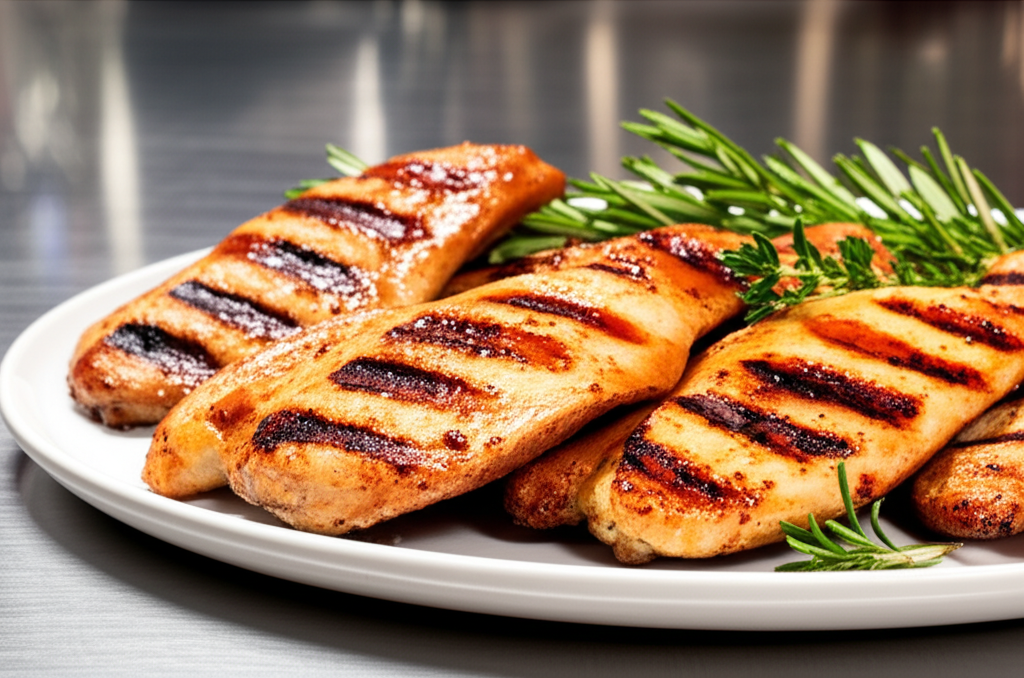
Malaysia’s specialized halal regulations for imported poultry are presenting significant hurdles for American producers seeking market access, according to a recent U.S. government analysis. The 2025 National Trade Estimate Report reveals that Malaysia enforces unique certification protocols that exceed global norms, requiring foreign poultry facilities to maintain completely separate halal production lines rather than following conventional shared-facility practices with proper cleansing procedures.
Beyond standard halal certification, American exporters face additional bureaucratic obstacles including mandatory registration with Malaysia’s Department of Veterinary Services. This process involves lengthy paperwork reviews and facility inspections that can stretch over months, creating operational bottlenecks. Even after clearance, shipments remain vulnerable to delays if documentation shows minor inconsistencies, sometimes stranding products for weeks.
The report highlights industry frustrations over the financial burden of constructing dedicated halal processing plants solely for Malaysian exports. Unlike most international markets that accept shared facilities with proper sanitation protocols, Malaysia insists on entirely segregated storage and transportation systems. U.S. trade officials have labeled these requirements as unnecessarily restrictive, potentially limiting future export growth.
While Malaysia maintains its right to enforce religious compliance standards, the U.S. argues that current practices create disproportionate trade barriers. The situation underscores ongoing tensions between cultural preservation and international commerce, with American producers weighing the costs of market access against Malaysia’s specialized demands.